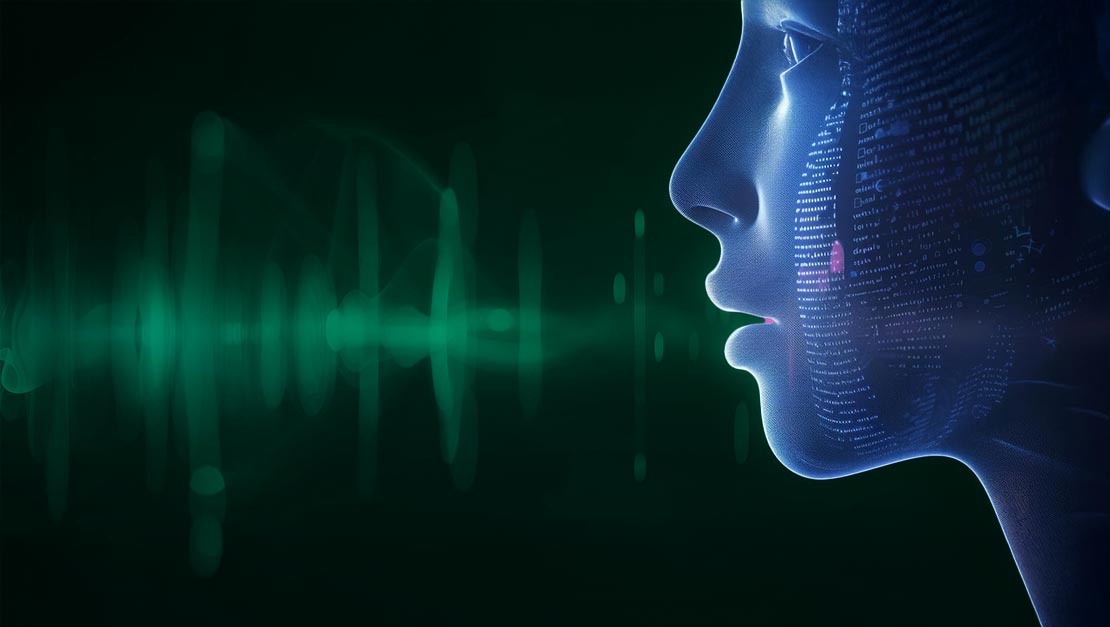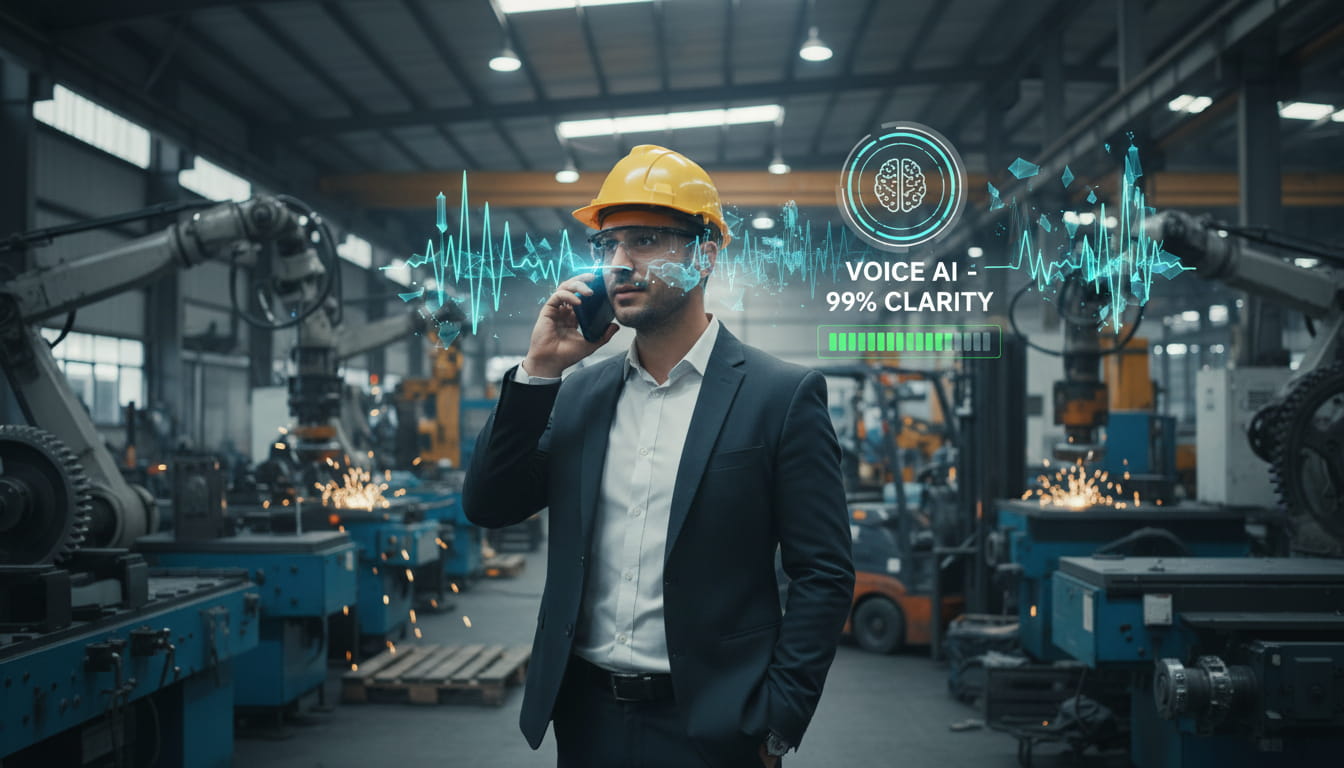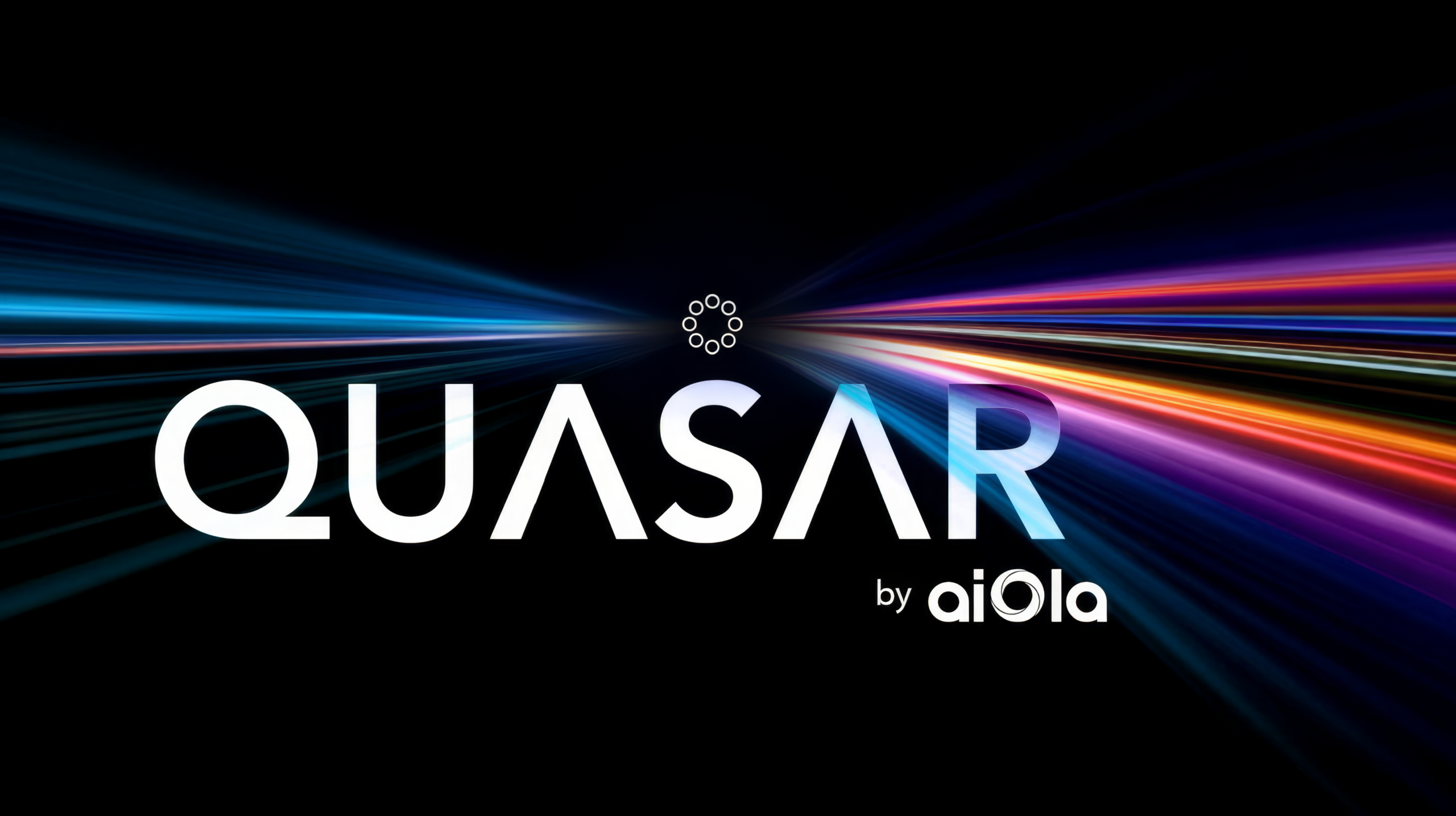Voice AI agents have rapidly moved from futuristic concepts to everyday business tools. In 2025, organizations across industries—from healthcare and manufacturing to finance and customer service—are turning to voice-driven technologies to enhance productivity, improve customer interactions, and automate workflows.
But not all voice AI agents are created equal. Some excel in creating natural-sounding voices, others focus on transcription accuracy, and only a select few, like aiOla, take things further by enabling speech-to-workflow automation, transforming spoken input into actionable tasks in real time.
This article explores the best voice AI agents of 2025, compares their capabilities, and provides guidance on how enterprises can choose the right voice AI agent for their specific needs.
What Is a Voice AI Agent?
A voice AI agent is an advanced software system designed to process spoken language, interpret meaning, and either respond or trigger specific actions. Unlike traditional speech recognition tools that simply convert voice into text, modern voice AI agents combine multiple layers of intelligence—speech recognition, natural language processing (NLP), and machine learning—to understand context, detect intent, and seamlessly integrate into business workflows.
In practice, this means that a voice AI agent can do far more than provide a transcript of a meeting or call. It can recognize who is speaking, interpret specialized terminology, extract key information, and even initiate follow-up actions in real time. For example, in a logistics setting, a voice AI agent might record an inspection update, flag compliance issues, and automatically update operational systems—all from a spoken command.
Enterprises benefit from voice AI agents because they bridge the gap between human communication and digital systems. Instead of forcing teams to stop, type, and manually input data, these agents allow employees to interact naturally through speech. This improves productivity, reduces human error, and ensures that spoken information—often the richest form of communication—is captured, structured, and put to work instantly.
Best Voice AI Agents of 2025
The market for voice AI has expanded rapidly, and 2025 is shaping up to be the year where enterprise-ready agents truly stand out. While many solutions focus narrowly on transcription or conversational interfaces, the best voice AI agents combine accuracy, adaptability, and integration capabilities that fit complex business needs.
Below are some of the standout platforms leading the way in 2025:

aiOla
aiOla stands out as the only company offering speech-to-workflow technology designed specifically for enterprise operations. Unlike most voice AI platforms, aiOla doesn’t just transcribe—it captures, structures, and activates spoken data in real time, even in noisy or jargon-heavy environments.
With zero-shot learning, aiOla achieves 95%+ precision without retraining, making it uniquely capable of handling dynamic frontline workflows.
- Pros:
- 95%+ accuracy in any acoustic setting, including noisy workplaces.
- Zero-shot learning—no retraining required to understand new terms or jargon.
- Built for enterprise workflows, turning speech directly into tasks.

Elevenlabs
ElevenLabs has gained traction with its natural-sounding text-to-speech and speech synthesis tools. Known for voice cloning and generative AI capabilities, it has applications in media, gaming, and creative industries. While not primarily workflow-driven, its versatility in voice creation makes it a popular tool for developers and creatives.
- Pros:
- Extremely natural, human-like synthetic voices.
- Strong creative applications in media, gaming, and content production.
- Flexible API access for developers.
- Cons:
- Less enterprise-focused than other providers.
- Not optimized for real-time, high-stakes workflows.
- Data privacy and ethical use of cloned voices remain concerns.

Deepgram
Deepgram specializes in enterprise-grade automatic speech recognition (ASR) with a focus on scalability and developer-friendly APIs. Its models are trained on large datasets and offer domain customization, making it effective in industries like finance and healthcare.
- Pros:
- High-performance ASR with customizable models.
- Scalable infrastructure for large-scale deployments.
- Strong developer ecosystem and API documentation.
- Cons:
- May require training or customization to achieve top accuracy.
- Jargon-heavy industries may face precision limitations.
- Primarily a transcription engine—less emphasis on workflow automation.

OpenAI Whisper
OpenAI’s Whisper model is an open-source speech recognition system with multilingual support. It’s valued for its accessibility and ability to transcribe across dozens of languages, but enterprises may find its raw form requires additional infrastructure and customization.
- Pros:
- Open-source and widely accessible.
- Multilingual capabilities covering many global languages.
- Strong accuracy in general transcription tasks.
- Cons:
- Not enterprise-ready out of the box—requires significant integration.
- Struggles with noisy or jargon-heavy environments.
- No built-in workflow or business intelligence layer.

Microsoft
Microsoft, through Azure Cognitive Services, offers robust voice AI solutions that integrate seamlessly with its enterprise cloud ecosystem. Its services span transcription, translation, and voice commands, making it especially valuable for companies already invested in Microsoft products.
- Pros:
- Strong enterprise security and compliance standards.
- Deep integration with Microsoft ecosystem (Teams, Dynamics, Office).
- Scalable cloud infrastructure with global reach.
- Cons:
- Performance may lag behind specialized AI providers in high-noise settings.
- Best suited for organizations already using Azure.
- Customization for industry-specific jargon can be limited.
How to Choose the Best Voice AI Agent
Not every solution fits every enterprise. To determine the best voice AI agent, you need to evaluate solutions against your organization’s operational needs and strategic goals.
Enterprise Requirements
Enterprises need voice AI agents that can scale across global teams while meeting regulatory and compliance requirements. The chosen solution should handle enterprise security, API integration, and governance seamlessly.
Real-World Environments
Frontline operations—factories, logistics hubs, hospitals, call centers—are rarely quiet. The best voice AI agents must perform accurately in noisy, multi-speaker environments, ensuring data integrity even in challenging conditions.
Accuracy & Jargon Recognition
A core challenge in enterprise adoption is ensuring that industry-specific terminology is recognized correctly. Generic ASR systems often fail when faced with technical jargon. Solutions like aiOla stand out by offering zero-shot learning that adapts instantly to specialized vocabularies.
Noise Handling
High-stakes environments demand technology that can distinguish between overlapping voices, machinery sounds, or environmental noise. Without this, accuracy drops and workflows break down.
Integration & Real-Time Processing
The best systems must do more than produce text—they must integrate into existing workflows, trigger actions in real time, and feed structured data into enterprise platforms like CRM, ERP, or compliance systems.
Functionality & Workflow Enablement
Some solutions only transcribe while others synthesize voices. Few, like aiOla, connect speech to workflows, turning unstructured spoken input into structured, usable enterprise data.
Business Considerations
Cost, scalability, vendor reliability, and support models all matter when evaluating long-term partnerships. Open-source solutions may provide flexibility but often lack the enterprise-grade reliability that global organizations require.
Industry-Specific Needs
Also, consider your specific industry needs:
- Healthcare/Pharma: HIPAA compliance, accuracy with medical jargon.
- Manufacturing & Logistics: Hands-free operation in noisy settings.
- Call Centers: Real-time analytics, emotion detection, secure data handling.
- Aviation: Precision in command recognition under high-pressure scenarios.
Closing Thoughts: Choose Only the Best Voice AI Agent
The landscape of voice AI agents in 2025 is diverse, but the real differentiator lies in how these systems handle accuracy, integration, and workflow automation. While platforms like ElevenLabs, Deepgram, and Whisper have carved their niches, aiOla remains the only solution built to transform frontline speech into real-time, actionable workflows—with enterprise-grade security, zero-shot adaptability, and 95%+ accuracy across environments.
You evaluate your options, the question is no longer if your teams will adopt voice AI agents, but which one will drive the most operational value. Ready to see aiOla in action? Book a demo today.













